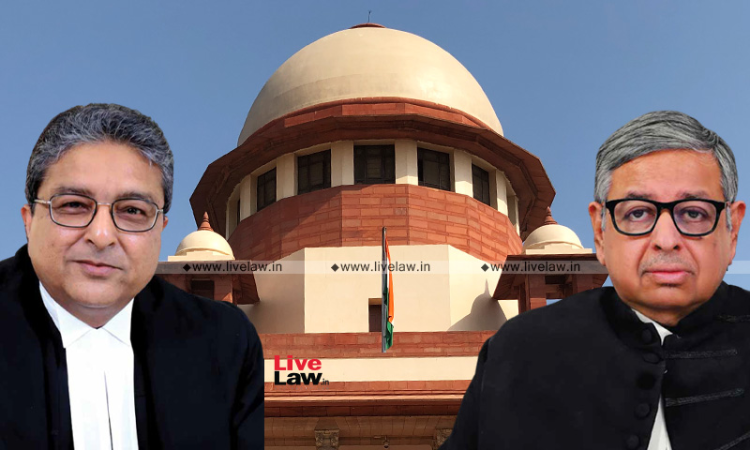Article 227 - High Court Cannot Go Deep Into Factual Issues Like An Appellate Body : Supreme Court
Sohini Chowdhury
13 March 2022 11:30 AM IST

Next Story
13 March 2022 11:30 AM IST
The Supreme Court, in a judgment delivered on 23rd February, held that the High Court while exercise powers of a supervisory Court under Article 227 of the Constitution of India cannot act as an appellate body to re-appreciate evidence.The High Court, under Article 227, can interfere with the decisions of a fact-finding forum only when its findings are perverse i.e. Erroneous on account...
